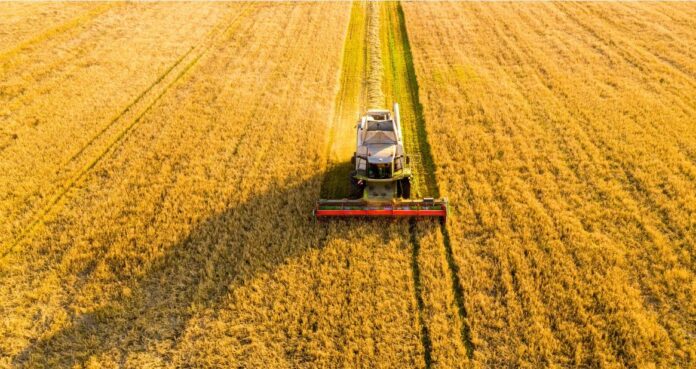An 18-member Chinese delegation, led by Mr. Guo Yuguo, called on Punjab Minister for Agriculture and Livestock Syed Ashiq Hussain Kirmani at Agriculture House in Lahore and participated in a consultative session aimed at boosting agricultural collaboration, especially in Punjab, under the China-Pakistan Economic Corridor (CPEC), according to media reports.
However, the implementation of earlier agreed-upon plans has been slow due to bureaucratic challenges in Pakistan’s agriculture sector, despite significant diplomatic support and well-structured plans.
China has long viewed Pakistan, particularly Punjab, as a key partner for building sustainable agricultural value chains to meet its rising food demands. Successive Chinese ambassadors to Pakistan have championed agricultural cooperation, but ground-level execution has failed to keep pace with the planned developments.
During the meeting, Minister for Agriculture Kirmani emphasised the need for Punjab to embrace technology-driven farming practices and highlighted the government’s initiatives, including leasing schemes and subsidies for modern farming equipment. He stressed that Punjab’s role in Pakistan’s food supply chain makes it essential to adopt solutions that improve yields and reduce labor-intensive practices.
China’s interests in Pakistan’s agriculture go beyond machinery exports. Beijing aims to establish long-term agri-supply chains and hopes to import value-added products such as halal meat, fruits, vegetables, and grains from Pakistan. With its large population, China seeks diverse food sources, and Pakistan’s fertile land presents an opportunity to meet some of that demand.
Agribusiness experts emphasised that if Pakistan upgrades its food processing and quality certification systems, it could unlock significant export potential to China and the Middle East. In FY24, Pakistan’s agricultural exports were valued at $8 billion, with Punjab contributing over 60% of major crops like wheat, rice, maize, and sugarcane. However, less than 10% of these products are processed or packaged for global markets. The livestock sector also saw $512 million worth of meat exports in FY24, despite producing over 5.5 million tonnes.
Representatives from leading Chinese companies—Weifang Shengchuan, JOTEC, Weichai Lovol, PAISET, and SAIC—presented various machinery options, including small- and mid-sized equipment like power tillers and mini harvesters, as well as large-scale machines such as combine harvesters and multifunctional tractors. One representative also introduced smart agricultural technologies, including IoT-connected machinery and autonomous tractors.
The session was attended by various senior officials from the Punjab Agriculture Department, including Special Secretary Agha Nabeel Akhtar and Directors General Naveed Asmat Kahloon and Ch. Abdul Hameed.




